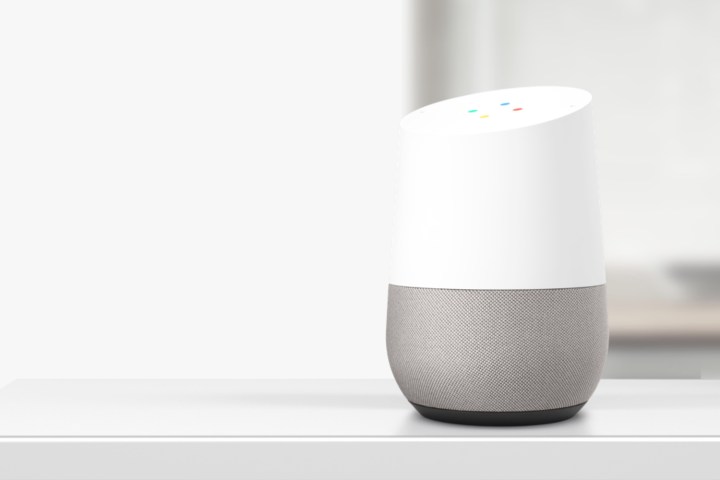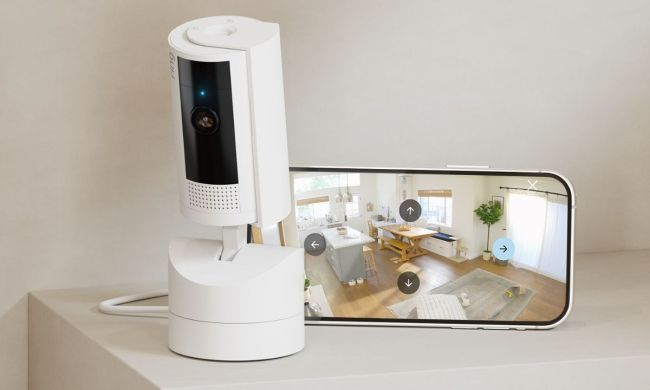
Let’s look closer at some of the ways users are creating DIY security solutions using their smart speakers.
Security begins at home
One of the most important factors to consider is that your home is only as secure as your smart speaker system. If the device can be compromised, it won’t matter how many locks or cameras your home has, because an enterprising intruder could just turn them off. Security experts recommend keeping all your devices updated in terms of software and patches, as well as being cautious of what you allow your smart speaker to access. It’s also important to set up security within your
Locks and security systems
The most basic tools in home security are locks and comprehensive security systems, and this is where Google and Amazon are still fairly different in terms of their offerings.
Technically, the Echo is currently ahead of the game in terms of the security products that can integrate with the speaker. Scout was the first home-security system to integrate with the Echo, with SmartThings quickly following. At CES 2017, ADT announced that its Pulse security ecosystem will now support the Echo and like-minded Dot. The system also already works with the professionally monitored Vivint security system and the Alarm.com skill, and Amazon recently announced voice control over the Schlage Connect Touchscreen Deadbolt.
The Home is quickly catching up in terms of integration, however, given the August Smart Lock and the Kwikset Convert both boast integration with Google’s smart speaker. There are also some users who believe that Google Assistant’s ability to better analyze speech and participate in contextual conversations may give it the edge over Alexa.

Eyes on the prize
Voice assistants and security cameras aren’t all that compatible, unless you simply want to turn them on or off with a simple command. The Google Home can control your Nest thermostat, but it isn’t compatible with the company’s cameras yet. The Amazon Echo Show lets you view some cameras’ and video doorbells’ footage from its 7-inch touchscreen, so you don’t need to pull out your phone to check on the baby or see who’s at the front door.
IFTTT to the rescue
For advanced users, it’s worth taking the time to understand and utilize a technology called IFTTT. The acronym stands for “If This, Then That.” Using useful tools called applets, smart speaker owners can trigger smart-home devices using various voice commands. The tricky part is that users need to say the commands correctly. With the right trigger phrase, users can turn on lights, trigger a siren, and lock smart locks in concert. The Home can utilize IFTTT applets to control useful apps such as Tasker and AutoVoice, while Amazon can access the Echo’s IFTTT channel and connect
Calling for help
By far, the most significant race between Amazon and Google in terms of security is the ability for the smart speakers to make emergency phone calls. In 2016, a British Echo owner showed the device was pretty useless if you say someone’s broken in and you need help. There’s a workaround for

Home security is driving the adoption of smart technology
In the company’s annual smart home survey, Lowe’s recently confirmed that 62 percent of adults believe security is one of the most beneficial reasons to own smart-home devices. Smart speakers aren’t exactly a guarantee that your home will be safer, but they can act as a tool in your security arsenal. And they’ll continue to get smarter. Though you likely won’t want your voice assistant interrupting your conversation to tell you the weather, it would be nice to have it issue an alert if the smart smoke detector goes off.


